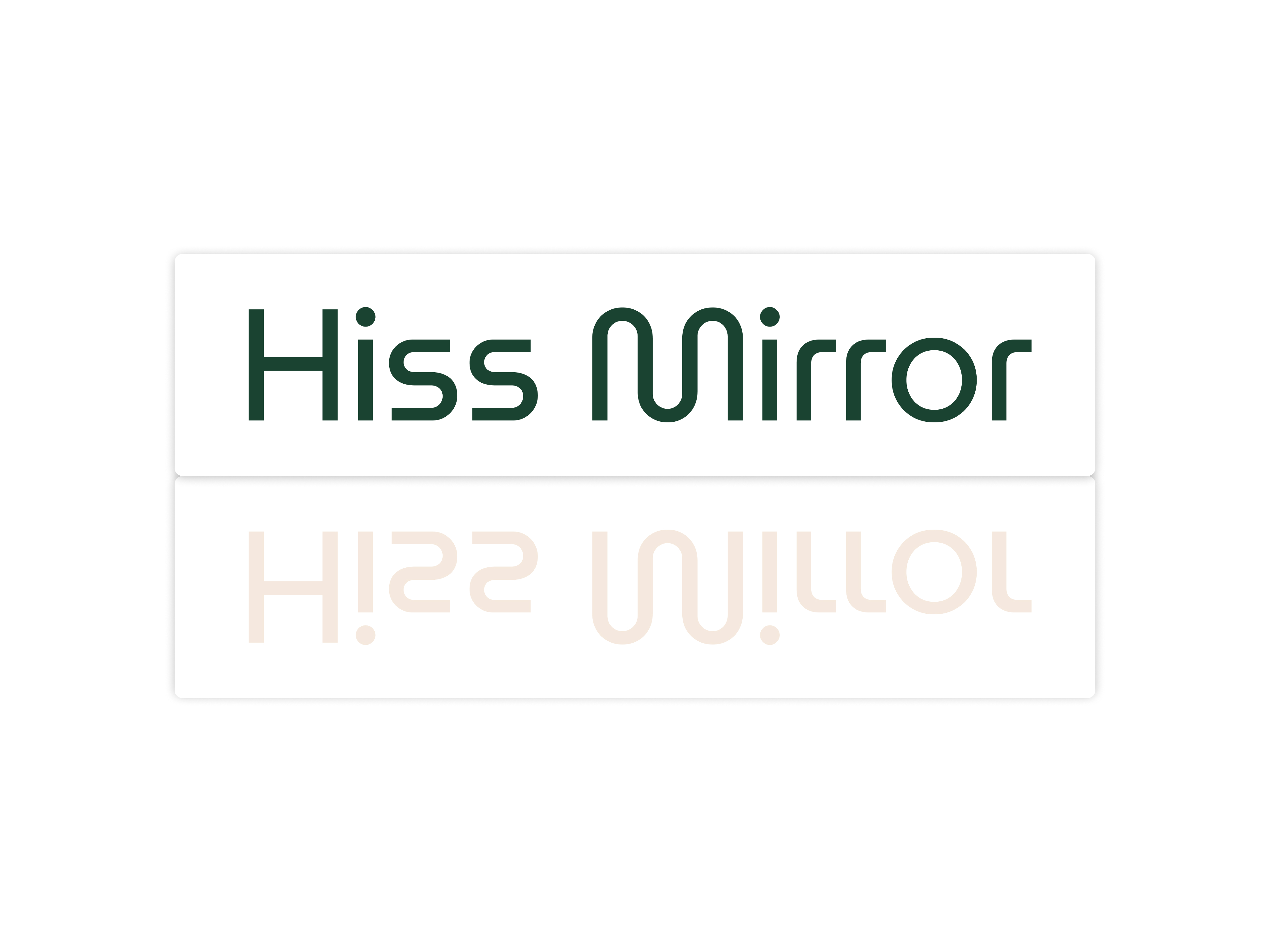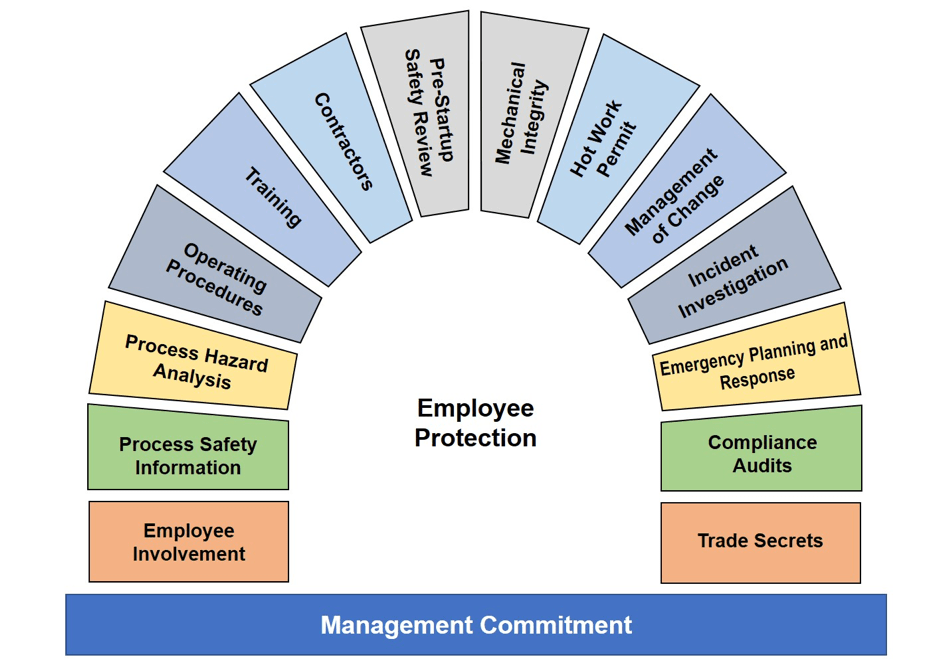Common MBA Dissertation Mistakes and How to Avoid Them

Writing an MBA dissertation is a critical part of the degree program, requiring detailed research, analysis, and structured writing. Many students, despite their best efforts, make avoidable mistakes that affect the quality and effectiveness of their work. Understanding these common errors and how to prevent them can significantly improve dissertation outcomes.
This guide explores frequent MBA dissertation mistakes and provides solutions to ensure a well-structured, research-backed, and high-quality final submission.
1. Choosing an Overly Broad or Narrow Topic
Selecting the right dissertation topic is crucial for effective research. Many students either pick a topic that is too broad, making it difficult to focus, or too narrow, restricting access to relevant data.
How to Avoid This Mistake:
-
Ensure your topic is specific but allows for detailed analysis.
-
Conduct a preliminary literature review to check for available research.
-
Consult with your supervisor to refine the scope before finalizing the topic.
For instance, instead of choosing “The Role of Marketing in Business Growth,” a more focused approach like “Digital Marketing Strategies for Small Businesses in the UK” can provide deeper insights.
2. Weak Research Question and Objectives
A dissertation’s foundation lies in its research question. Many students create vague, unfocused, or too many research questions, leading to confusion in their study.
How to Avoid This Mistake:
-
Frame a clear, concise, and researchable question.
-
Ensure your research objectives align with the main question.
-
Use the SMART (Specific, Measurable, Achievable, Relevant, Time-bound) approach to structure objectives effectively.
A well-defined research question helps maintain focus and ensures that the findings contribute valuable insights.
3. Poor Literature Review
The literature review section is essential for establishing the research foundation. Many students either summarize existing studies without analysis or rely on outdated sources.
How to Avoid This Mistake:
-
Use recent and credible academic sources, preferably from peer-reviewed journals.
-
Organize studies thematically rather than summarizing them separately.
-
Critically evaluate past research and highlight gaps your dissertation will address.
Instead of merely listing previous studies, focus on drawing connections between them and demonstrating their relevance to your research.
4. Lack of a Clear Research Methodology
A vague or improperly structured methodology section can make your dissertation weak. Some students fail to justify their research methods, leading to inconsistencies in data collection and analysis.
How to Avoid This Mistake:
-
Clearly define whether you are using qualitative, quantitative, or mixed-method research and why.
-
Justify your choice of research tools, such as surveys, interviews, or case studies.
-
Explain data analysis techniques to establish transparency and reliability.
A well-structured methodology ensures that your research findings are credible and relevant.
5. Poor Data Collection and Analysis
Inaccurate data collection or improper analysis leads to unreliable conclusions. Many students struggle with data management or fail to interpret findings correctly.
How to Avoid This Mistake:
-
Use reliable data sources and ensure ethical data collection practices.
-
Verify data accuracy before analysis.
-
Choose appropriate statistical tools for quantitative research and robust thematic analysis for qualitative research.
Effective data handling strengthens the credibility of your dissertation.
6. Weak Argumentation and Lack of Critical Analysis
Simply presenting information without critically analyzing it weakens the dissertation’s impact. Many students focus on descriptions rather than interpretations.
How to Avoid This Mistake:
-
Avoid excessive description and emphasize critical thinking.
-
Compare and contrast different viewpoints in your analysis.
-
Support your arguments with strong evidence and real-world examples.
Developing a critical approach ensures that your dissertation offers valuable academic contributions.
7. Ignoring Formatting and Structural Guidelines
Many students overlook university formatting requirements, leading to unnecessary revisions. This includes errors in citations, referencing styles, and dissertation structure.
How to Avoid This Mistake:
-
Follow the university’s dissertation format and style guide.
-
Use proper citation styles like Harvard, APA, or MLA consistently.
-
Organize sections logically, including an abstract, introduction, methodology, results, discussion, and conclusion.
Ensuring correct formatting makes the dissertation professional and easy to navigate.
8. Poor Time Management and Last-Minute Writing
Rushing the dissertation due to poor planning results in weak arguments, structural errors, and missing critical points.
How to Avoid This Mistake:
-
Create a detailed timeline with deadlines for research, writing, and revisions.
-
Break tasks into manageable sections to avoid last-minute pressure.
-
Allocate time for editing and proofreading before submission.
Proper time management ensures a well-researched and polished dissertation.
9. Not Proofreading and Editing
Errors in grammar, punctuation, and clarity can reduce the dissertation’s quality. Many students submit their work without thorough proofreading.
How to Avoid This Mistake:
-
Use spell-check tools but do not rely on them entirely.
-
Read the dissertation multiple times to identify inconsistencies.
-
Seek feedback from peers or supervisors before final submission.
Proofreading improves readability and ensures clarity in presenting research findings.
10. Ignoring Ethical Considerations
Failing to follow ethical guidelines, such as plagiarism or improper data handling, can result in academic penalties.
How to Avoid This Mistake:
-
Use proper citation and referencing to avoid plagiarism.
-
Obtain necessary permissions and approvals for surveys or interviews.
-
Maintain participant confidentiality in research data.
Following ethical guidelines ensures integrity and academic credibility.
11. Weak Conclusion and Lack of Practical Implications
A strong dissertation should provide meaningful conclusions and real-world applications. Many students summarize findings without discussing their relevance.
How to Avoid This Mistake:
-
Clearly summarize key findings without repetition.
-
Discuss the implications of your research for businesses and management practices.
-
Suggest areas for future research to expand on your findings.
A well-rounded conclusion enhances the impact of your dissertation.
12. Not Seeking Help When Needed
Many students struggle because they hesitate to ask for help when facing difficulties. Whether it’s research methodology, writing, or editing, expert guidance can improve dissertation quality.
For structured guidance and academic support, students can explore Assignment Help in UK, which provides expert assistance for dissertation research, writing, and formatting. Learn more about academic support here.
Similarly, students who require specialized help in structuring and refining their dissertation can explore Dissertation Help in UK for detailed assistance with research methodologies, data analysis, and presentation. Get professional support here.
Conclusion
Avoiding common MBA dissertation mistakes requires careful planning, structured research, and attention to detail. By choosing a well-defined topic, maintaining strong research methodology, managing time effectively, and ensuring thorough editing, students can produce high-quality dissertations.
Understanding and addressing these mistakes will not only improve the dissertation’s credibility but also enhance academic and professional success.







